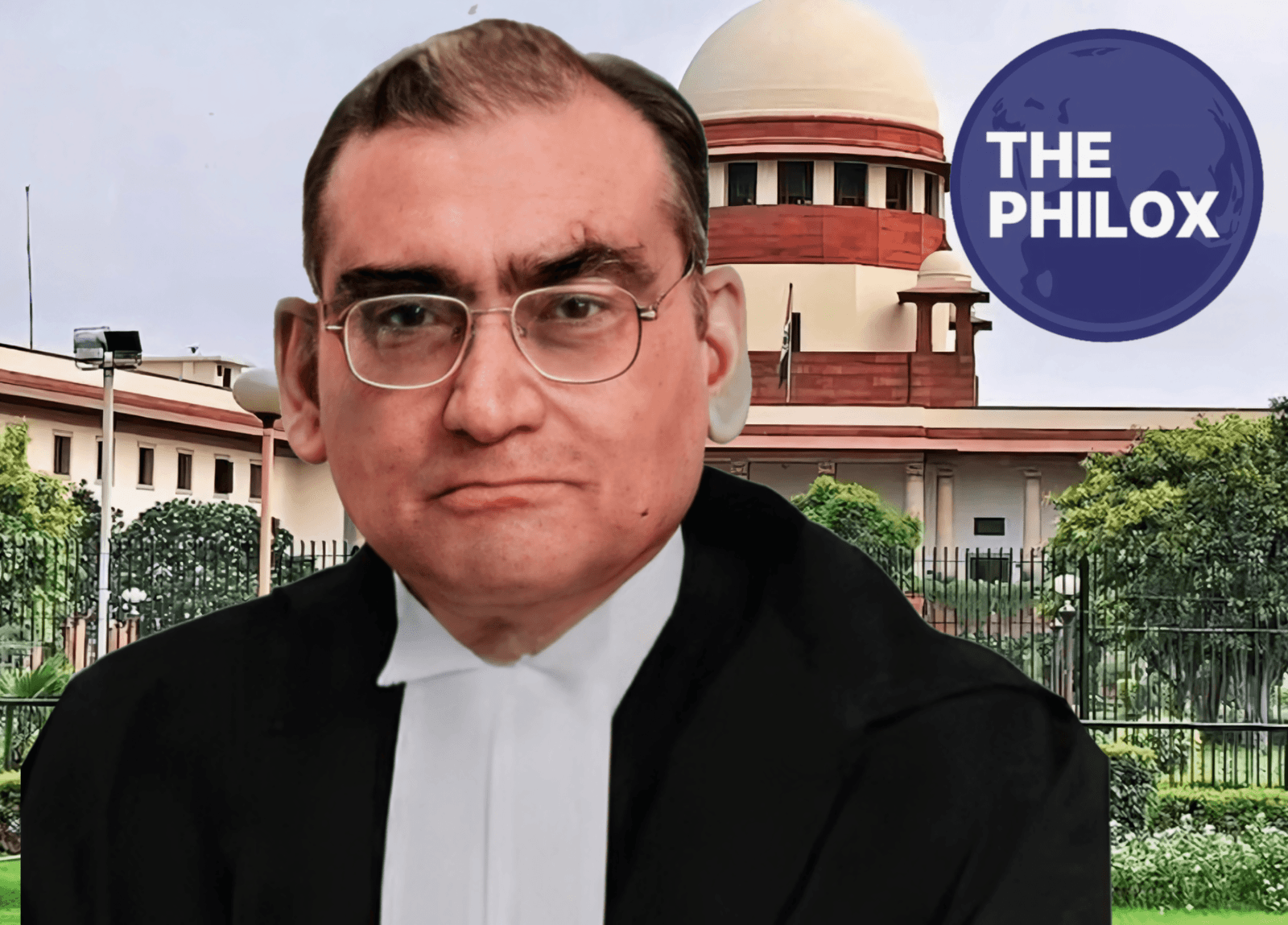In a brazen display of political manipulation, convicted rapist and Dera Sacha Sauda chief Gurmeet Ram Rahim, currently serving a 20-year sentence for the sexual assault of two of his female followers, has once again sparked controversy by urging his followers to back the Bharatiya Janata Party (BJP) ahead of the upcoming elections in Haryana. The timing of this parole, which coincides suspiciously with election season, and the calculated nature of his influence raises serious concerns about the relationship between politics and criminality in India.
Ram Rahim’s Parole: A Pattern of Exploitation
Gurmeet Ram Rahim, who has been serving time in Rohtak’s Sunaria jail since 2017, was granted a 20-day parole just days after completing a 21-day parole in September. This is not an isolated incident but part of a disturbing pattern where Ram Rahim’s paroles seem to align almost perfectly with elections, allowing him to step out of prison and orchestrate political endorsements from the comfort of his luxurious ashram. For a convicted rapist to have the privilege of parole at such convenient intervals raises significant ethical questions about the misuse of the legal system.
In July-August of 2023, Ram Rahim’s 30-day parole coincided with the Haryana panchayat elections. Prior to this, in 2022, he was granted three paroles, one of which aligned with the Punjab assembly elections. Such repeated releases cast a dark shadow on the judiciary’s impartiality and fuel the perception that political influence is being wielded behind closed doors to ensure electoral gains.
A Criminal’s Hold on Politics: Unethical Endorsements
The latest instance saw Ram Rahim leveraging his influential position to subtly rally his followers—many of whom are from Dalit communities in Haryana, Punjab, and Rajasthan—behind the BJP. Although this time, the message was delivered more discreetly during a satsang at the Dera headquarters in Sirsa, the intent remains clear: the BJP seeks to capitalize on Ram Rahim’s vast following for electoral success.
Ram Rahim’s political clout is not new. In the 2014 Lok Sabha elections, the Dera openly supported the BJP, helping the party secure seven out of ten seats in Haryana, a feat that played a crucial role in their electoral sweep. However, after his 2017 conviction, the Dera distanced itself from openly backing any political entity. Yet, as seen in the run-up to the 2024 elections, the BJP seems keen to rekindle this alliance despite the moral implications of seeking endorsement from a convicted felon.
Political Leaders Must Be Accountable
The BJP’s cozy relationship with Ram Rahim speaks to a larger issue of political opportunism and the willingness to sacrifice moral principles for electoral gains. By accepting the support of a convicted rapist, the BJP not only tarnishes its image but also signals to the public that criminality can be overlooked as long as political benefits are at stake.
It is essential for political leaders to hold themselves to higher standards, especially when it comes to associating with individuals of questionable character. Allowing someone like Ram Rahim, who has been found guilty of heinous crimes, to influence the political process undermines the credibility of India’s democratic institutions. It sets a dangerous precedent where criminals can exploit their influence over vulnerable populations to sway election results.
Voices of Criticism: Public and Political Backlash
The timing of Ram Rahim’s paroles has not gone unnoticed. The opposition has been vocal in criticizing the Haryana government’s decision to grant him such repeated leniency. Political leaders, including those from the Congress, have questioned the state’s motives, accusing the BJP of manipulating the judicial system for electoral gain. Senior Congress leader Bhupinder Singh Hooda slammed the government, stating, “It is appalling that a convicted criminal is being granted parole so frequently and at such convenient times. This is a clear violation of justice.”
Public sentiment mirrors this outrage. Many have taken to social media to express their disgust over the fact that a man convicted of such heinous crimes is being allowed to roam free, attend religious gatherings, and influence political decisions while his victims continue to suffer in silence. One Twitter user wrote, “How can a man who has been convicted of raping women be allowed to preach? What message does this send to the survivors and to society at large?”
The Ethical Dilemma: Political Power vs. Justice
There is no denying that Ram Rahim commands an immense following, especially among the Dalit community, which the BJP has been actively courting. But at what cost? Is the vote bank so important that ethical considerations must be cast aside? Ram Rahim’s followers revere him as a god-like figure, and his influence is not to be underestimated. However, it is disturbing to see a political party not only accepting but actively seeking his endorsement despite his criminal record.
This troubling dynamic between Ram Rahim and the BJP brings forth an ethical dilemma. On the one hand, political parties need votes to stay in power, and cultivating support from influential community leaders is a tried-and-tested strategy. On the other hand, aligning with individuals who have been convicted of serious crimes undermines the very essence of democracy, which should be built on principles of justice, equality, and moral integrity.
Future Implications: A Dangerous Precedent
If the BJP continues to engage with Ram Rahim and similar figures, it sets a dangerous precedent where criminality is normalized in the political arena. This could encourage other convicted individuals with a large following to exert their influence on the political process, further blurring the lines between justice and power.
Moreover, it raises critical questions about the integrity of India’s parole system. How can a man convicted of such brutal crimes be granted repeated paroles, especially when those paroles conveniently align with election cycles? The answer lies in the power dynamics between politics and criminality, a relationship that threatens to erode public trust in India’s democratic institutions.
Conclusion: Time to Break the Cycle
India cannot afford to have its political system hijacked by individuals who have been found guilty of serious crimes. The parole system must be reformed to ensure that it is not being exploited for political purposes, and political parties must take a firm stand against criminal endorsements.
As voters, the onus is on us to question the choices being made by our leaders and to hold them accountable. The integrity of India’s democracy is at stake, and it is up to the people to ensure that justice prevails over political opportunism.
Sources:
- The Economic Times https://economictimes.indiatimes.com/news/india/dera-sacha-sauda-asks-its-followers-to-vote-for-bjp/articleshow/113949286.cms?from=mdr
- Business Standard https://www.business-standard.com/elections/haryana-elections/haryana-election-2024-dera-sacha-sauda-calls-on-followers-to-support-bjp-124100500427_1.html




